Young Bird Racing
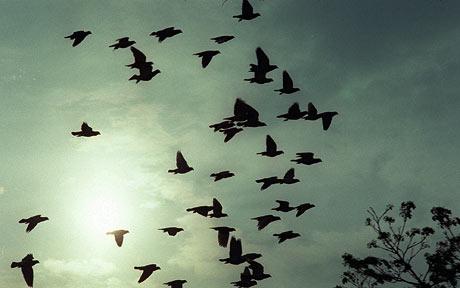 This past winter I received several e-mails on young bird racing maybe, because I had a great young bird season last season. I thought I would write a few lines on my experiences in young bird racing here in Canada. Years ago in early winter, I would pair up some of the birds so I could band young birds in early January. However, breeding early for me always ended up in a disaster. Our Canadian winters, the hawks and late springs takes its toll, and that put an end at my attempt of early breeding.
This past winter I received several e-mails on young bird racing maybe, because I had a great young bird season last season. I thought I would write a few lines on my experiences in young bird racing here in Canada. Years ago in early winter, I would pair up some of the birds so I could band young birds in early January. However, breeding early for me always ended up in a disaster. Our Canadian winters, the hawks and late springs takes its toll, and that put an end at my attempt of early breeding.
This winter I had a conversation with a pigeon flyer, and he told me that his first year flying pigeons was his best. When he got started he said various fanciers had given him some young birds, mostly from their second and third round, and that young bird team was hard to beat that year. He only had 28 young birds, practically all the same age, and they trained easy and were just about the right age when the races started with very few losses.
That was a very interesting statement, when I compared it to my way of racing young birds today. He went on to say, now things have changed considerably in young bird racing, he was referring to the modern methods of today. Years ago flying young birds up to 600 Km was unheard of, and I couldn’t agree more. In today’s method we have the dark and the light system which allows us to ship birds in excellent condition feather wise. A lot of these races are completed on the day with very good returns. Something we could not do years ago.
In the transition from being a young bird and yet not a yearling, young birds somehow seem to lose interest in flying. It is my opinion that a lot of young birds are past their prime when the young racing season starts. There is a time when they lose their zip as I call it. You may have noticed that they slow down considerably as they mature. Older youngsters are generally raced on the widow-hood system. We separate the sexes, and have to exercise them separate twice a day. Or, we can fly them as mated to the nest. Here extra roadwork is needed if we want to exercise them. A lot of this is aimed for 500 and 600 Km racing. In all cases motivation is needed to fire them up in preparation for race day. Here adding extra stress can lead to a lot of health problems in the loft, such as wet droppings and also to the point where the birds would bring up their food. Some strains perform better under stress than others. Over crowding and too much stress are the number one cause of bird losses in my opinion.
I have the best luck racing them not mated at the age of four and five months old, before they really come too attracted to the opposite sex. I feed and exercise my young birds twice a day, and after ten weeks of darkening they are nicely moulded and ready to be trained. Up to this point the length of their daily exercise has not been a concern. At the age of 14 weeks, they now have their new feathers and love to exercise for long periods of time. At this point, they are ready to be trained. I definitely take my time in training, and during the racing season I take them down the road once a week for a 50 Km hike. I have experienced that at this age they exercise together longer with a minimal amount of stress. I would like to point out in all my years of flying young birds it has been my experience if they don’t exercise at home during the week, I will need a lot of luck come race day.
For instance, this year my birds started to hatch on March the 8th and our first club race is July the 13th. This gives you some idea of how old the birds are when the races start. I race my young birds up to 450 km. Then I select my cock birds for next years yearlings and they are held back, the rest of my youngsters are raced to the end of the season. Breeding early young birds is okay, it depends on where you live and when young bird races start. For example, in places like Belgium they start racing young birds in May. In Canada most young bird races start in the first week in August. If you see what I mean that’s a big difference. The method I use has worked the best for me. It’s simple and very effective, and allows me to compete at all distances and minimize my workload.
I have a saying that happy young birds are hard to beat on race day. If you can minimize the stress in your loft, and don’t overcrowd, your chances are good on having healthy young birds. I thought some new comers to the sport would find this an interesting conversation or maybe some will disagree with me.
Young Bird Racing By Roland Paret
The Leading Online Pigeon Racing and Racing Pigeons Magazine – The Pigeon Insider

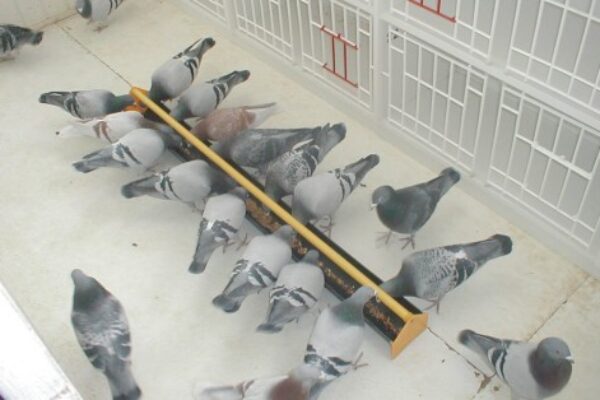

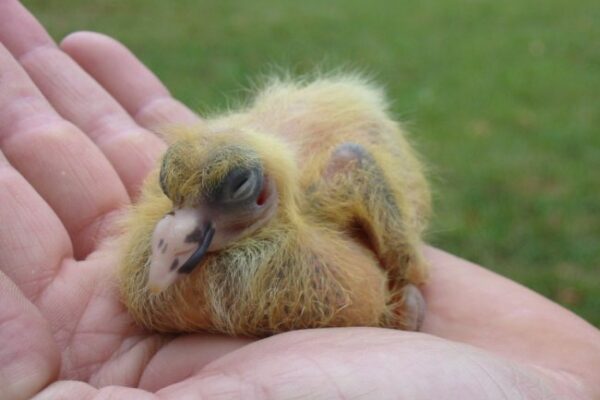

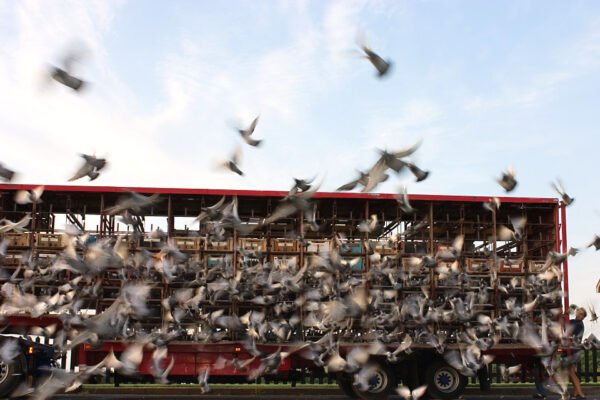
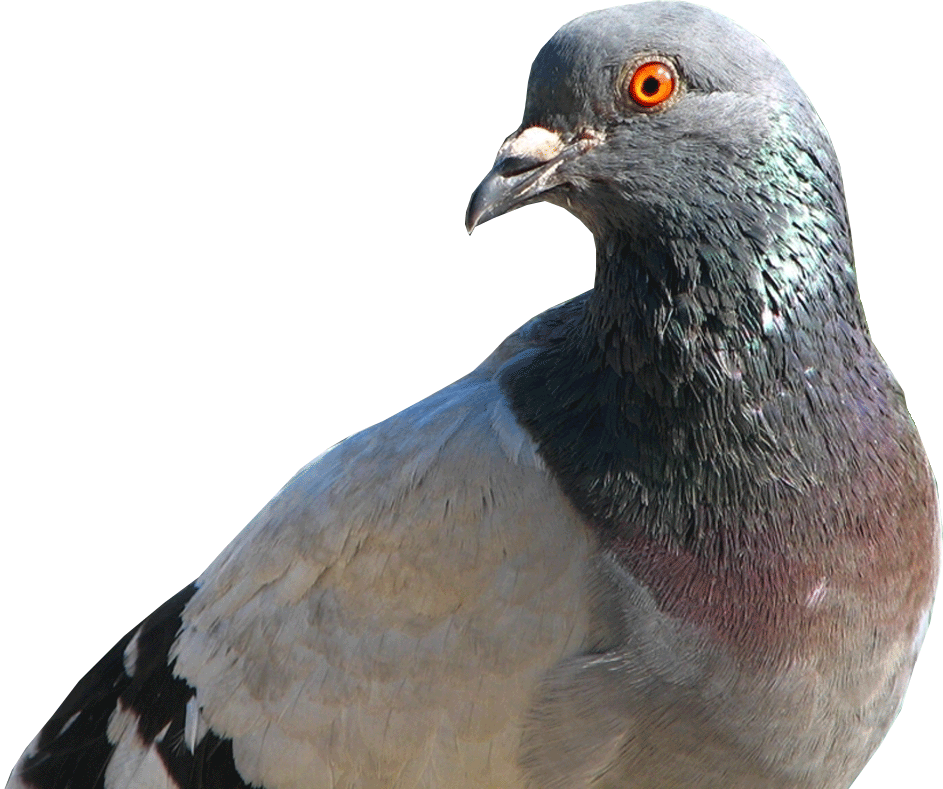
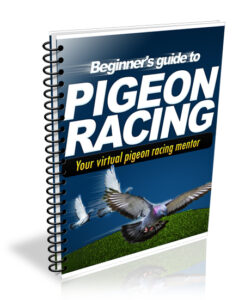
some very good opinions I raise feb & march ybs here in ky & I have to agree the fewer birds the better you seem to do with them & as far as age goes for me later hatches not always but most of the time does better. I think it has a lot to do with how you as a flyer treat your young birds if you have early hatches those birds cant be kept up till your later hatches has finished you must get them out with your old birds just my opinion but someone commented young birds seem to go through a down time & I agree you have to watch them very carefully because you can loose a nice bird during that time & they all go through these times usually at different times no matter how close they are in age even nestmates are 2 or 3 days different
I agree young bird are more tireless, but if there are loses during training or racing ,I think you have to check your bird sometimes they can”t handle stress due to weakness or disease all these problem always start from our breeding. assuming you have a good breed of pigeon.
Young bird racing is always a bit tricky for me in what I would call bird of prey feesting time. It looks like these birds of prey say to one another: “ooh… here comes lunch!!!” So as my uncle, my brother and I breed late. South Africa’s cool to hot days starts about in late August. So August is when one to two strictly chosen pairs is put into the breeding loft with twenty walk around nest boxes of aluminium. No need to fight over a nest box. They can pick and choose which nest box they want. So far I’ve lost 8 youngsters over a period of 2 years. I’m not pleased at all. But birds of prey do what they do naturally. Yet I can’t get cross at them, just frustrated.
gud day!i’m n0t a flyer! But s0on i can b a gud flyer? Tnx 4dis site i g0t s0me idea h0w to be a g0od flyer s0on!!
i lost 7 young birds last week they fly around and than they go to the farmers silo and they stay there its 600 yards but still all the time and food gone what should i do i borrowed the breeders from someone else and i sent them back so i could fly my young birds now im all but out of the sport in one flight